Entering the workshop midway through the presentation, discussion was in full flow between facilitator and audience. The purpose of the workshop was to sound the injustices faced by young disabled people, and how technology can enable their participation. The room came with a screen subtitling the speech, ensuring that the event was accessible to all.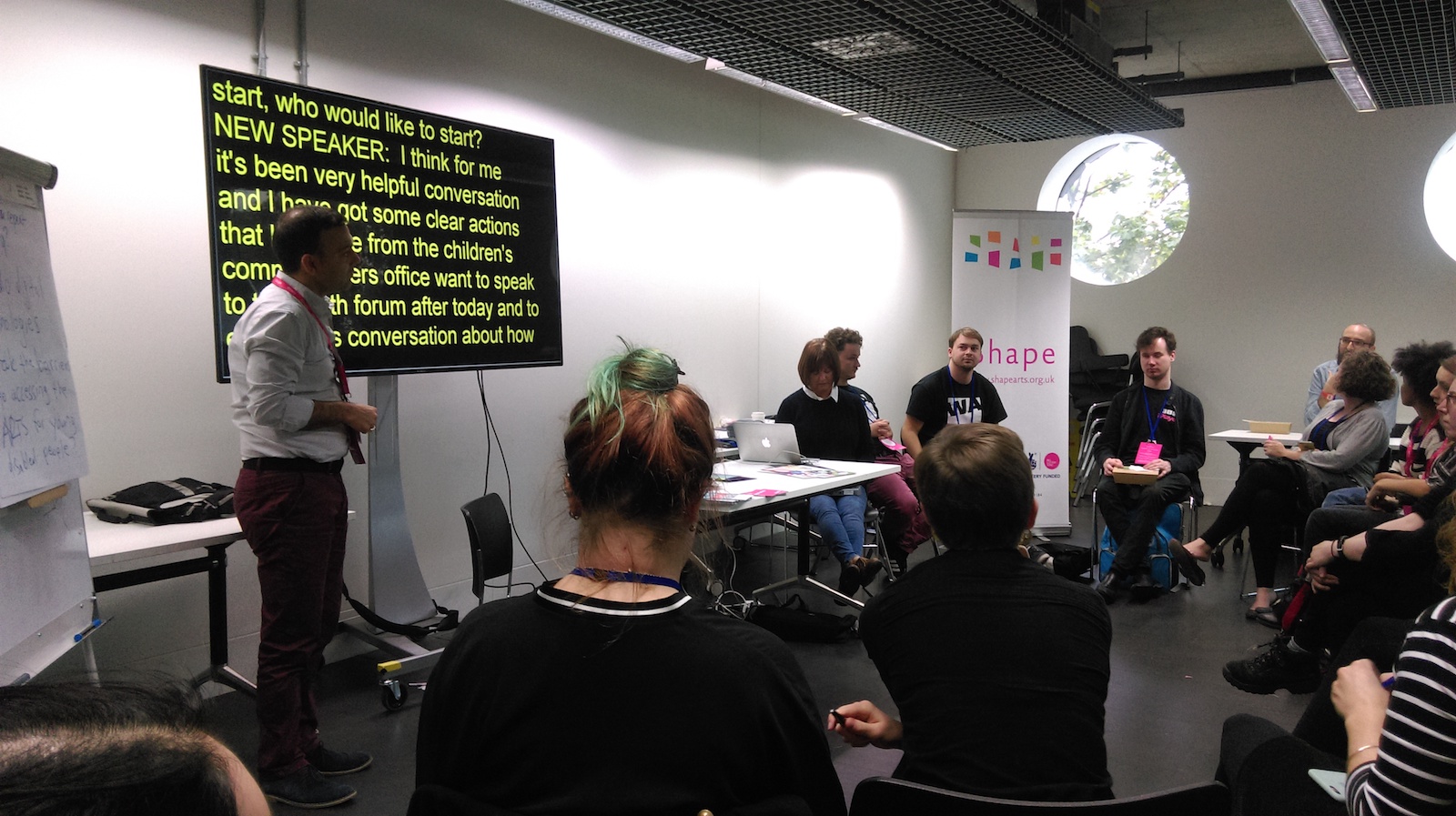
The audience spoke of their own experiences and soon a conversation ensued. One woman, a trainee teacher, spoke of her dissatisfaction with inclusion in schools, her particular facility sporting 40 iPads but a lack of knowledge for accessible apps. A sense of community filled the room; a BBC employee highlighted the importance of diversity and why those with disabilities should not be classed as a separate group. A topic dominating the event was employability and the ignorance of some presuming they are unfit to work. With the correct technology available, those with disabilities should be able to seek employment. More and more theatre's, for example, are providing subtitles during their performances. One example would be Dundee Rep's production of 'Blood Wedding' whom did so, and also cast a wheelchair bound actress as the protagonist. The group spoke of how essential inclusion is and how pivotal the Arts role is in helping to build confidence within discriminated against individuals.
I spoke with arts enthusiast Gilles whom told me of his involvement with The Guardian. He exuded charisma as he told me of the benefits technology such as his smartphone and ipad has on him; allowing him to pursue everyday tasks like any other.
Overall I feel this workshop was extremely encouraging towards the progress of inclusion. I met some exceptionally creative people with a lot of potential who refuse to accept social injustice dictating what they can and can't do.
For more information of Shape Arts work, you can visit their website.


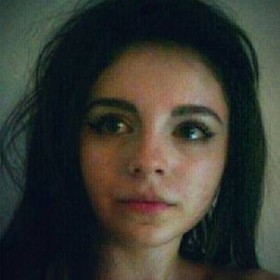
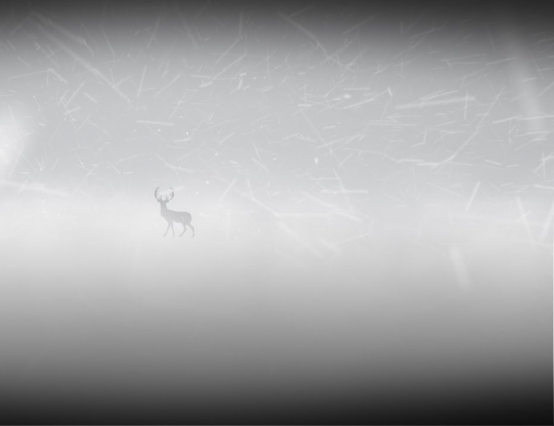
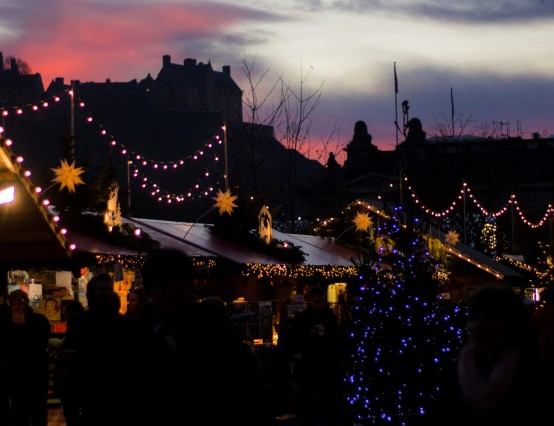
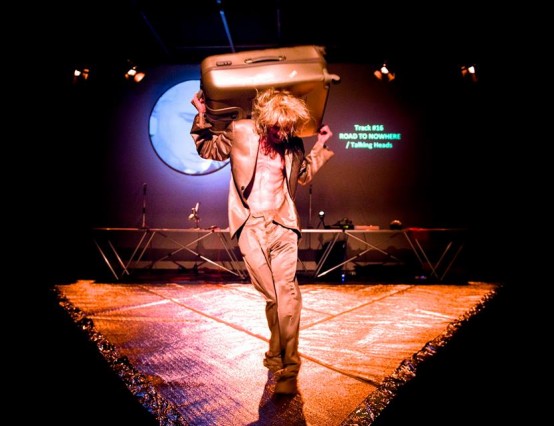
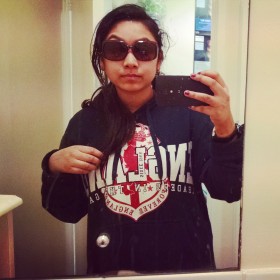


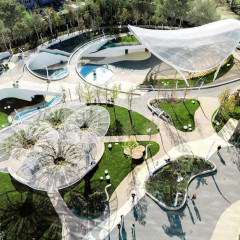
Sounds like a fantastic discussion. People with disabilities can participate in the arts as part of expressive therapy, but only when opportunities are actually there. However I think that when art works well with technology we can enhance these activities, so the disabled are not, as you mentioned, classed as a separate group and still have the same open doors as everyone else. We need to be promoting increased access to the arts for all disabled artists and audiences, as much as we can :) Events like these are a brilliant way of informing, sharing, and spreading awareness of issues between disabled young people and the arts; I love what you've written, Tara!